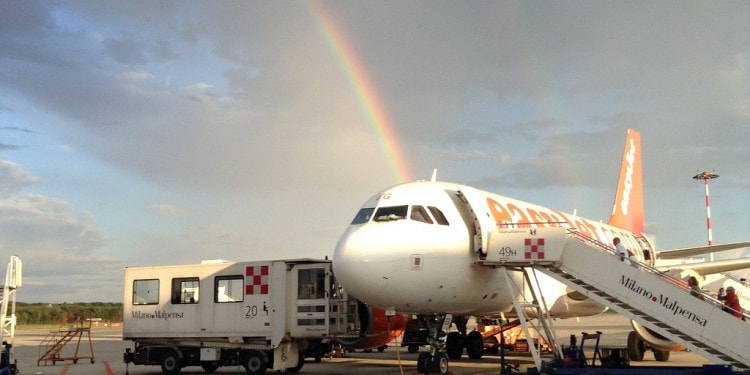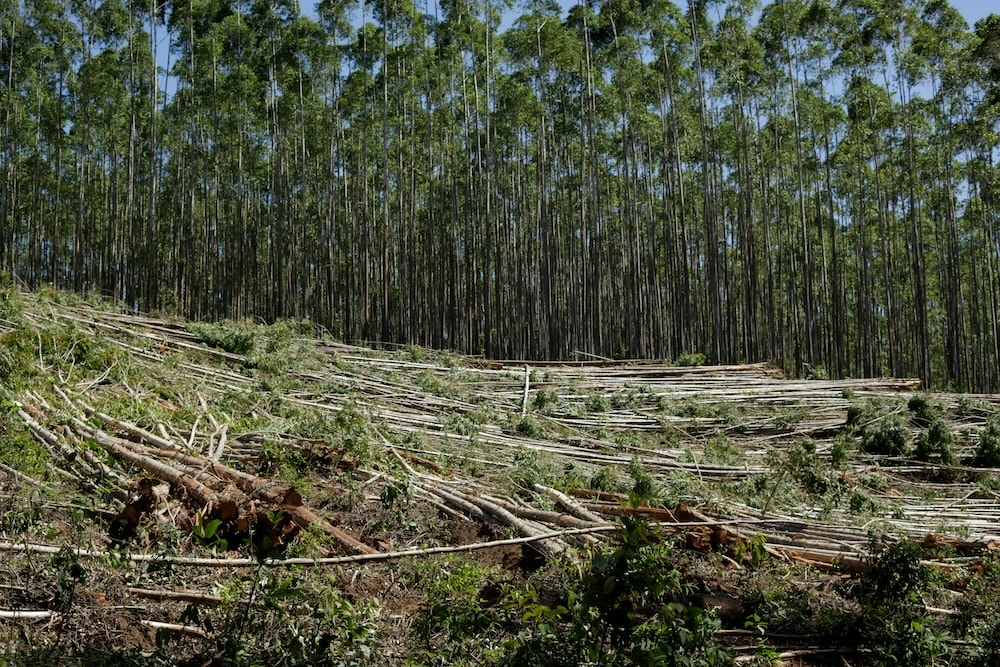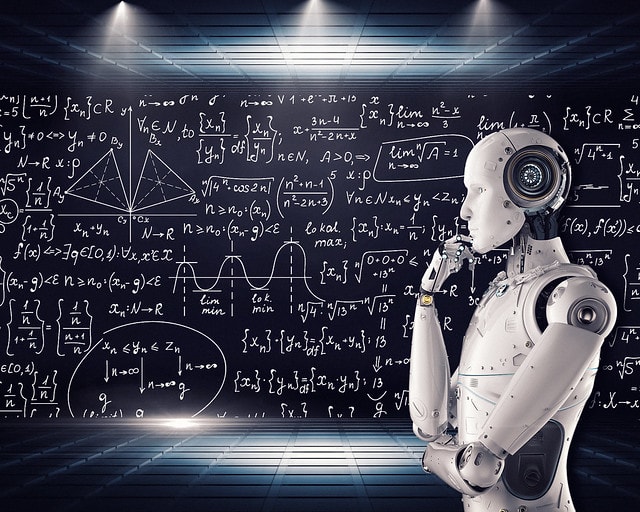Could aviation become more sustainable? In this article, we will analyze some actions that should be taken, and others already taking place, to reduce the negative impacts of aviation on the planet.
Greta Thunberg’s decision to cross the Atlantic Ocean on a sailboat to reach the COP25 in Chile has raised awareness to the general public that flying does cause emissions and it is one of the contributors to climate change.
Low-cost airlines, more fuel-efficient planes have actually allowed a larger number of people to fly more frequently by reducing the cost of a flight ticket compared to what it was twenty years ago.
With that said, a fuel-efficient plane does still generate emissions and aviation has been blamed to be the cause of the 2.4% of global Co2 emissions, an increase of 32 % compared to five years ago.
This issue is really becoming trending now: just this week EasyJet has launched a program to plant trees to offset their flights’ carbon emissions; while Boeing has been showing at Frankfurt airport a more sustainable version of its 777 aircraft – the ecoDemostrator – that features several sustainable technologies, including the use of biofuel.
Let’s have a look at some ideas that could make aviation more sustainable.
Six ideas for sustainable aviation
1 – Reduce the amount of single-use plastics on board.
On the recent, experimental, flight from London to Sydney, Qantas has shown that using a refillable water bottle for each customer, could be an efficient alternative to replace plastic cups. Airlines tend to give proper glasses only to upper-class customers, and introducing the concept of a refillable water bottle seems a valid alternative to keep giving plastic cups to passengers.
The same principle could be applied to plastic silverware: it should be replaced with either regular (and reusable) silverware or with eco-friendly compostable materials.
Finally, while meal containers are tough to replace in aviation – the space in the cabin has to be optimized – plastic wraps around pillows and blankets, and headphones sets could be exchanged with more sustainable solutions.
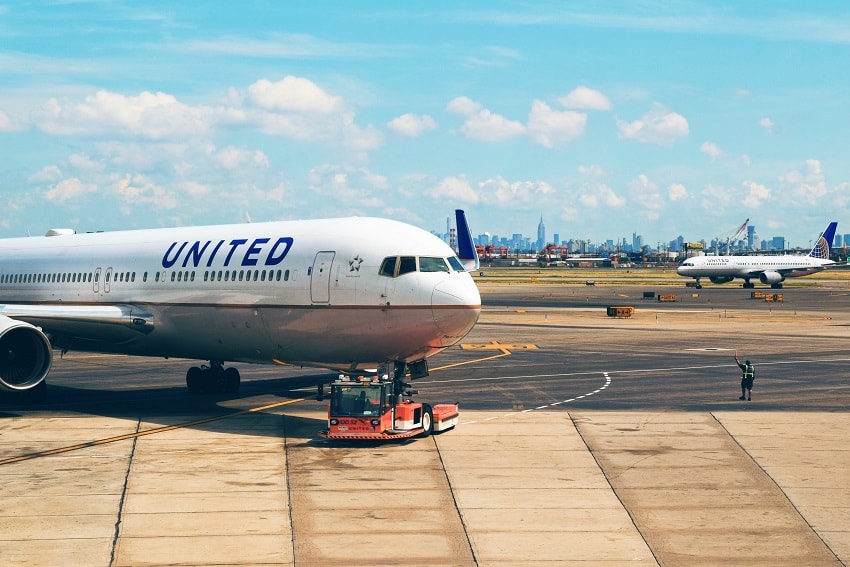
2 – Fly short-haul hybrid or fully electric
Impakter has already covered this in the past: there are startups often linked to large aviation corporations that are actively working on these projects. The electrification of aviation is happening – just like for cars – but slower. Hybrid and electric planes have the potential to replace “regular” planes for short-haul in the future.
How fast this will happen? Would an electric plane be really sustainable? The electrification is happening but at a slow pace at the moment and those planes would only be truly sustainable if their batteries will be recharged by renewable energy sources. And batteries will have to be properly disposed once they need to be replaced.
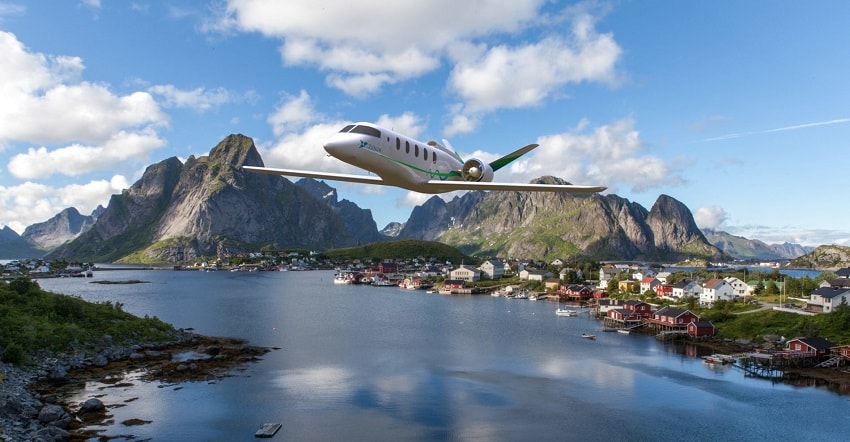
3 – Offset flights
As a passenger, you can offset your flights via several websites. An example of an initiative by the WWF can be found here, and it is just one of the many. In this case, the carbon emission reduction is not direct, but you can buy credits to cover the emissions of your trips. Impakter has covered an app doing just that: it is called Pledge Balance.
Should more airlines take initiatives like the one we saw from Easyjet as part of their CSR programs, and don’t just leave it to the passengers’ eco–conscience?
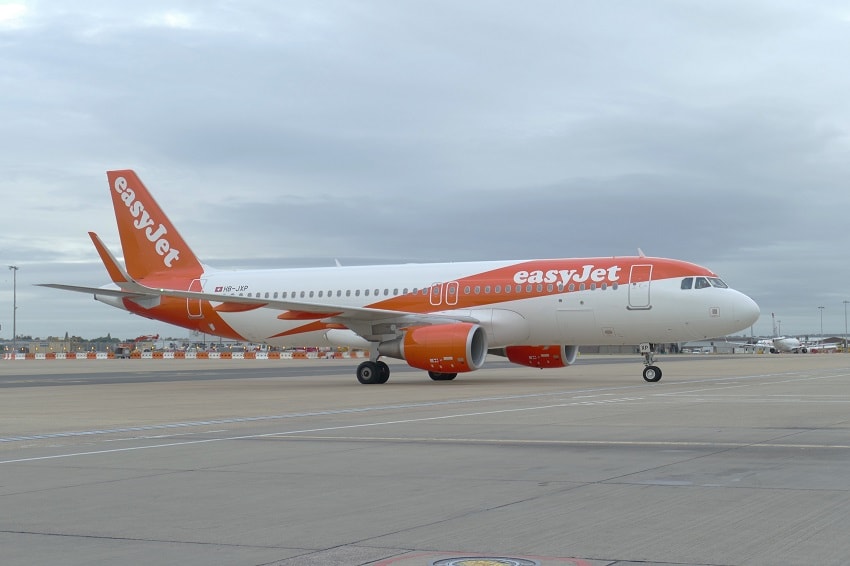
4 – Reduce routes
On this, technology could play a massive role by gathering data of passengers flows and perhaps persuade an airline that a certain flight should be scheduled only five times per week instead of seven during a certain season. As an example, we can imagine a 10:15 AM flight from London Heathrow to New York JFK – that is never fully booked during the fall – and it is scheduled seven days per week. Data flows could perhaps persuade the airline to schedule the flight only five times and always travel full but there is an issue…
Apparently, airlines would rather fly empty planes, seriously unprofitable and “no-sense” routes to keep their departure/landing slots. How many unprofitable routes are kept out there? Should airlines get rid of these to reduce their emissions?
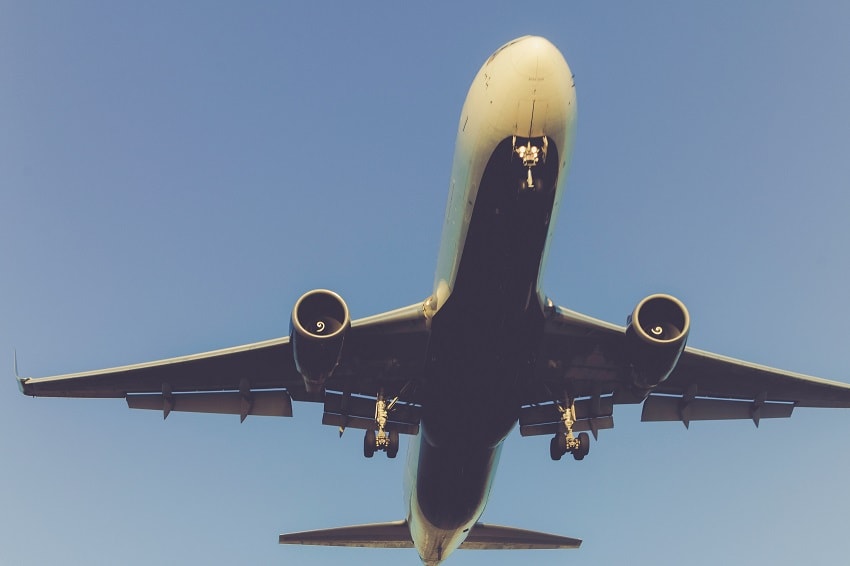
5 – Use Bio Fuels
It’s happening: biofuels made of biomass such as algae, jatropha, and camelina can reduce the carbon footprint of aviation by up to 80%. However, the challenge here is that the Renewable Energy European Directive asks biofuel companies to drift away from food-based fuels and focus only on byproducts of waste.
As the Boeing 777 ecoDemonstrator shows, biofuel could be a reliable source even for long haul flights, however much more investments are needed here in order to reduce the price of per liter of biofuel.
Related Articles: Equator Aircraft. The electric seaplane. Interview with Tomas Brødreskift | Zunum Aero: making electric planes possible | Three Companies Making Electric Flight Reality
6 – Avoid flying. Take trains or busses.
It seems very obvious to say that to reduce aviation emissions we should consider alternative means of transportation. But it is not that obvious, at least for airlines.
Let’s think about Europe: in most European countries there are fast and efficient trains connecting central areas of large cities without the need to go to the airport.
Now, if you just landed in a large European airport hub, sometimes you might need to hop into another short flight to reach for your final destination. Why airlines do not cooperate consistently with railway companies to avoid that last flight and replace it with a simple, smooth, train ride?
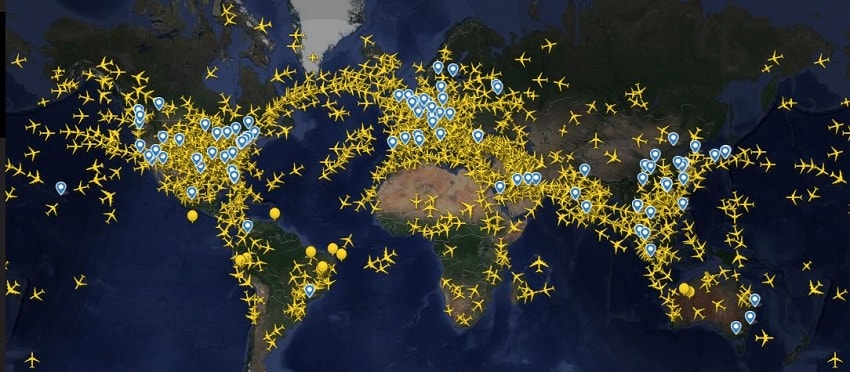
This same principle could be applied anywhere there are trains or busses that can be used as an alternative to that last, final, short-haul flight. It would be the easiest step to reduce the number of planes flying.
Just to give you an idea, in July 2018 on a record-breaking day 205,468 flights were recorded in one day by the popular app FlightRadar24.
That’s a lot of planes to handle for our planet.
In the cover picture: Rainbow over a plane. Photo Credit: Alessandro du Besse’
EDITOR’S NOTE: The opinions expressed here by Impakter.com columnists are their own, not those of Impakter.com –


